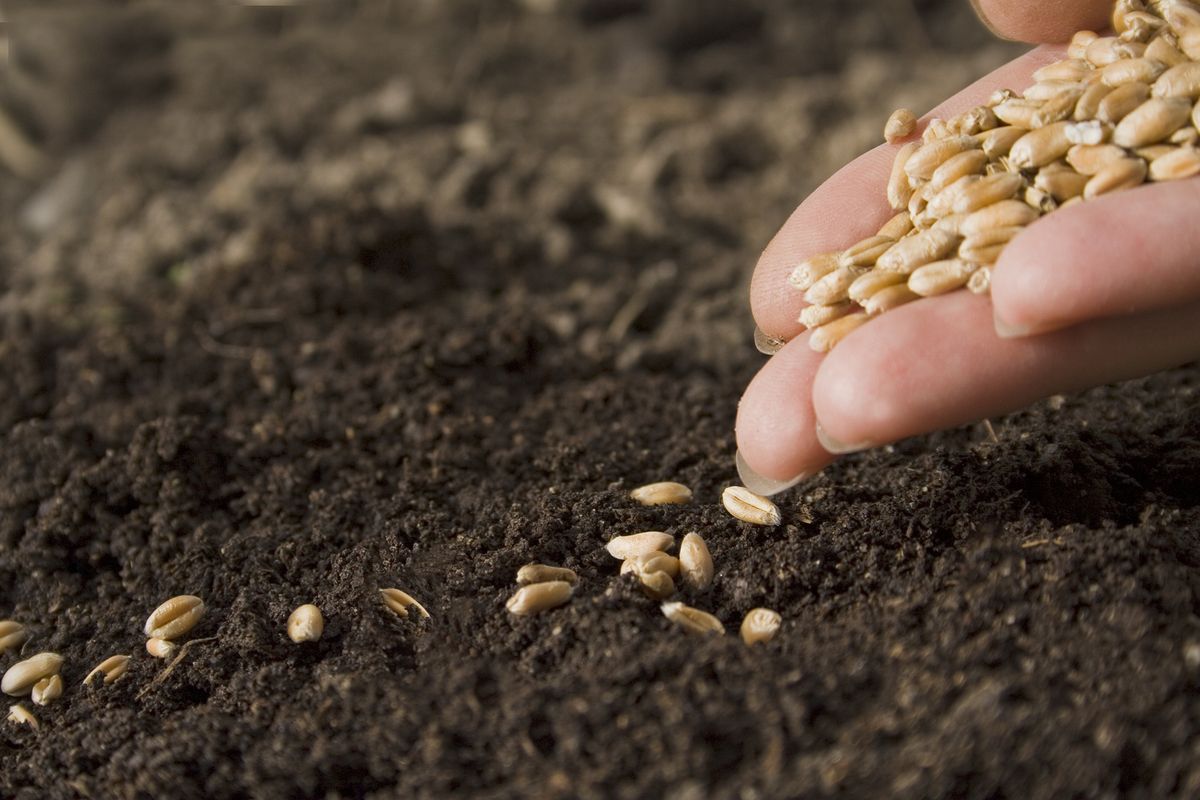Canada’s revised guidelines for gene-edited seeds put organic sector at risk, producers say

The organic farming sector in Canada has said the government’s updated gene-edited (GE) seed guidelines could put its produce at risk, CBC News reported.
Canada’s Minister of Agriculture and Agri-Food Marie-Claude Bibeau announced on 3 May that Canadian Food Inspection Agency (CFIA) seed guidelines would allow for some modified plants.
The updated seed rules now allowed seeds created through GE that were not spliced with foreign DNA or altered to make them pesticide-resistant, the 10 May report said.
These seeds would be approved without an independent safety assessment by the government, as they were already considered safe, CBC News wrote.
Canada also announced an industry-managed database — Canada’s Canadian Variety Transparency Database — to make it clear which seeds were and were not organic. While that database was voluntary, Bibeau said it would be overseen by a steering committee including organic producers.
Canada’s move could lead to an increase in drought-resistant crops and to the emergence of pit-less cherries and sweeter broccoli in the country, according to the biotech industry.
However, organic farmers have called for a mandatory registry of organic producers, saying the updated guidelines put their produce at risk, the report said.
In addition, organic farmers have said consumers would not know which food contained GE ingredients due to the lack of labelling requirements.
This could have an impact on the US$9bn organic sector, which had to meet strict criteria to use the organic label, CBC News wrote.
Organic farmers were also concerned about contamination which could happen when GE pollen spread or seeds escaped, according to the report.
The country’s revised seed guidelines were a “step backwards”, according to Tia Loftsgard, executive director of Canada’s Organic Trade Association.
Meanwhile, biotech seed developers have said Canada’s new seed guidelines would spark research and development, helping the country keep up with other nations, such as Japan.
Countries such as the USA and Brazil had been developing crops like drought-resistant soyabeans for years, and Canada needed to “catch up”, Stuart Smyth, professor at the University of Saskatchewan with the College of Agriculture and Bioresources, the industry-funded research chair in agri-food innovation, was quoted as saying.
Food research in Canada had been stunted by regulations, and GE seeds that produced better yields could help ease food security and climate change issues, Smyth added.
Drought-resistant soyabeans could be planted in Canada later this year, according to Smyth.
Read also
Wheat in Southern Brazil Impacted by Dry Weather and Frosts
Oilseed Industry. Leaders and Strategies in the Times of a Great Change
Black Sea & Danube Region: Oilseed and Vegoil Markets Within Ongoing Transfor...
Serbia. The drought will cause extremely high losses for farmers this year
2023/24 Safrinha Corn in Brazil 91% Harvested
Write to us
Our manager will contact you soon



